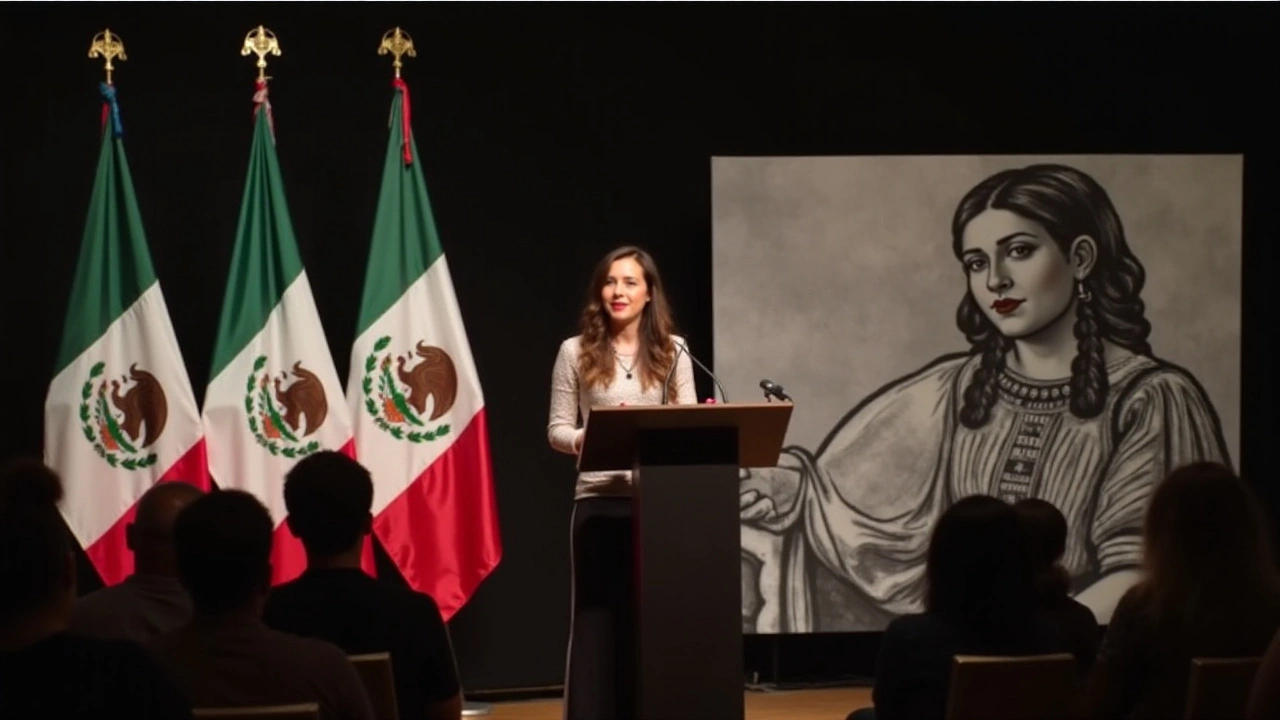Mexico's High-Stakes Gamble Against U.S. Tariffs
Just when it seemed the trade tensions were about to escalate into a full-blown economic skirmish, Mexico pulled a rabbit out of the hat. In a moment that would have otherwise triggered alarm bells on both sides of the border, Mexican officials, spearheaded by Economy Secretary Graciela Márquez Colín and Foreign Secretary Marcelo Ebrard, managed to stave off impending U.S. tariffs on a staggering $155 billion of Mexican exports. The crisis was averted, if only for 30 days, but it bought the Mexican economy time to regroup.
Strategic Manoeuvres and Tactical Nuances
The negotiations weren’t just about pausing tariffs; they were an intricate dance, a diplomatic face-off requiring equal parts finesse and firmness. Mexico's strategy included laying down its own set of retaliatory tariffs, keeping U.S. officials on their toes. At the heart of these talks was the need to protect Mexico's lucrative exports—avocados and automotive parts were particularly critical, given their significant contribution to Mexico’s economy. Avoiding hasty, reactionary measures meant the GDP forecast, which ominously warned of a potential 2% contraction, was mitigated for the moment.
But what's a dance without a potential misstep? Had these tariffs been enforced, experts foresaw not just repercussions for Mexico but a ripple effect touching off a 1% inflation spike in the U.S., underlining the interconnected vulnerability of both economies. Such dire forecasts were enough incentive to come to the negotiation table with a spirit of cooperation rather than confrontation.
Sheinbaum: Unsung Hero of Trade Negotiations?
Enter Claudia Sheinbaum, the strategic mind whose prowess in balancing economic needs with robust diplomacy is beginning to win her accolades. Amidst broader trade ructions involving heavyweights like Canada and China, Sheinbaum crafted a narrative that wasn't just about buying time but finding sustainable solutions amid turbulent global trade waters.
Her efforts are particularly commendable given the context—a global stage where each country's move could inadvertently spark larger macroeconomic shifts. This was not just about Sheinbaum’s diplomatic dexterity; it was about an entire nation standing at a crossroads, with Sheinbaum helping steer its course towards stability.
Forging Alliances and Gaining Momentum
What's next on Mexico's diplomatic docket as the countdown continues? It's not just about averting the immediate tension with the U.S.; there's a clear agenda to reinforce and perhaps redefine alliances, especially now when trade concerns ripple over into conversations involving Canada and China. With her growing acclaim, Sheinbaum’s role will likely expand as Mexico navigates these tempestuous waters.
Trade negotiation isn't just a high-stakes game; it's an art where timing, perception, and strategy converge. As such, Mexico's immediate success is not the endgame but a chapter in a broader narrative of global trade diplomacy—a narrative where Sheinbaum's imprint is sure to leave an indelible mark.
